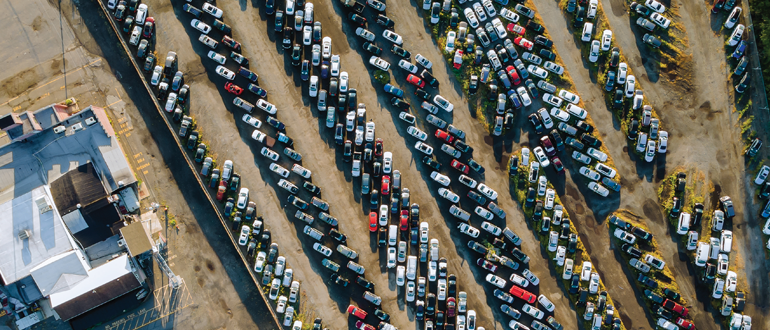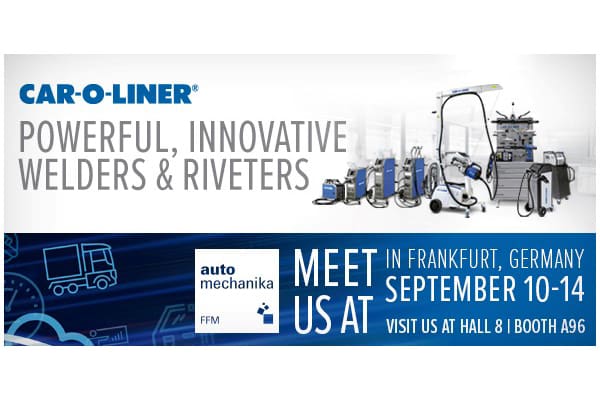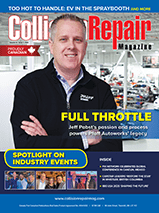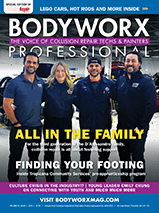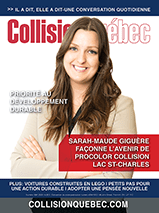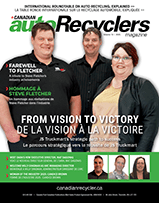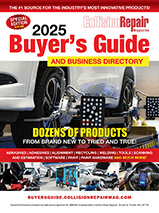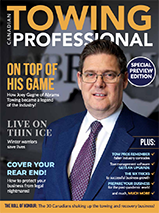OARA representatives talk informed, ‘disciplined’ buying decisions
By Allison Rogers
With salvage in such short supply and buyers vying for any vehicle they can get their hands on; the role of the educated and disciplined buyer has never been more important.
During a May 2021 Ontario Automotive Recyclers Association (OARA) virtual training session, led by Rob Rainwater of Profit Team Consulting, Marty Hollingshead, Shan McMillon, Dalbert Livingstone and Stuart Ady discussed the current state of the Canadian and U.S. salvage markets, sharing the skills they’ve found helpful in navigating the so-called new normal.
Like many other Canadian recyclers, Dalbert Livingstone, owner of Charlottetown, P.E.I.’s Island Auto Supply says he’s been forced to expand his horizons in the face of supply concerns.
“We’re looking at a broader range now. I’m buying cars in Ontario and Quebec as opposed to just the Maritime provinces now. You have to bid on more cars to win—it’s bidding to the masses,” he told the panel. “And, with the price of salvage, you really only get a few pieces of value in every auction.”
“If we don’t pay more, we don’t get the salvage,” Ady, owner of Ernie’s Used Auto Parts in Castlegar, B.C., concurred. For Hollingshead, owner of Indiana, U.S.-based Northlake Auto Recyclers, the key to navigating the market and securing the right write-offs lays in ensuring you understand the value of what you’re looking to buy and sticking to your guns.
“You have to be an educated and disciplined buyer,” cautioned Hollingshead. “There’s no point in buying if, three or six months later you find you didn’t make any money on the buy. You need to be knowledgeable and informed about what you’re buying—just because you win the car doesn’t mean you’ll make money on it.”
“The keyword there is discipline,” said Rainwater. “Don’t panic, don’t overbid—be disciplined in your thoughts and believe in your data, your metrics and what you’ve looked for in your numbers.” Ady his team has taken note of such strategies.
“When it comes to salvage, we have to pay more, but we need to stay dialled in and know exactly what part is going to turn over faster. Sometimes you just have to concentrate on what you’re getting out of the part, turning a profit and moving on to the next piece.” While the panel agreed it is in the buyer’s best interest to make educated, reasonable bids, there is a way of taking such a concept too far. “How important are the commodities now?” asked Rainwater. “If you’re going to bid on a late-model Ford pickup, are you understanding what you have in core commodities and factoring the value into the bid?”
All panellists came to an agreement on the Rainwater’s question. “You shouldn’t factor that in,” said Hollingshead. “For a full-service, late model recycler, core scrap is a by-product of what we do. If you factor all of that in there, you’re almost definitely going to pay too much for the vehicle.”
“I’m in the same boat,” agreed Livingstone. “Though factoring those prices in did help me buy more end-of-life off the street because I knew that cat’ was bringing in $250 to $300. A lot of these vehicles wouldn’t pass their inspection, so I was picking up a lot more of those with higher bids.” “I always consider scrap metal, catalytic converters and all that as a sort of bonus—we didn’t include it in the bid. Though, catalytic converters are kind of slipping into that number,” laughed Ady.
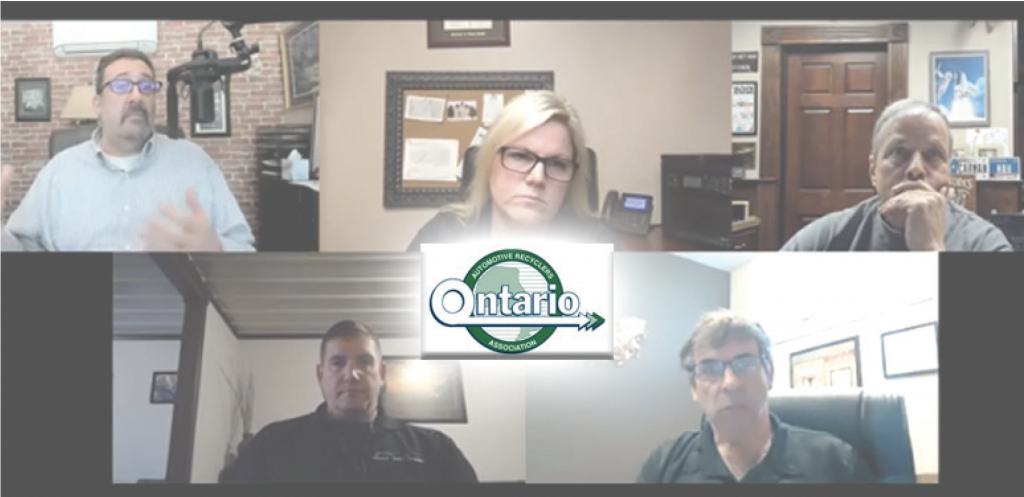
Rob Rainwater, Shan McMillon, Marty Hollingshead, Dalbert Livingstone and Stuart Ady discussed the current state of the Canadian and U.S. salvage markets during OARA’s spring webinar sessions, sharing the skills they’ve found helpful in navigating the so-called new normal.


